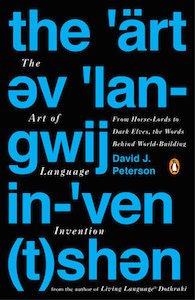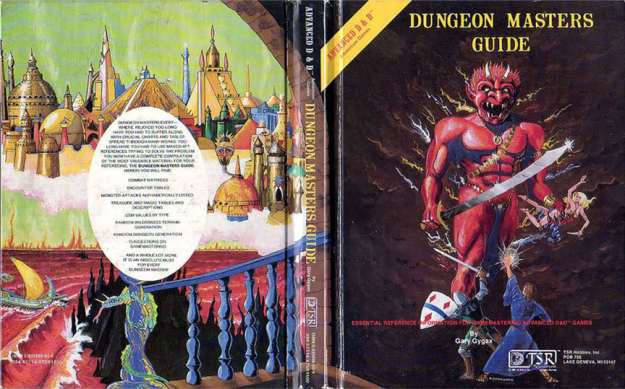I’m filling out my Hugo voting ballot and deciding what is going to float and which finalists will sink under the No Award option. Contenders who end up underwater will include, among others, all book editors and all the avengers.
My final votes in the Best Professional Editor (Long Form) and Best Dramatic Presentation (Long Form) categories — that is, book editors and movies — look like this:
Best Professional Editor (Long Form)
- No Award
- Sheila E. Gilbert
- Liz Gorinsky
- Jim Minz
- Toni Weisskopf
- Vox Day
Best Dramatic Presentation (Long Form)
- Mad Max: Fury Road
- The Martian
- Ex Machina
- Star Wars: The Force Awakens
- No Award
- Avengers: Age of Ultron
I don’t think that any of the novel editors does a bad job (ok, maybe one of them). This is strictly a protest vote against the insane category. How can anybody who is not an industry insider come to any conclusion about who is better than someone else in turning mediocre books into great ones? I have no clue.
Thinking about my own tastes, Gilbert’s list of edited works looked a little better than Gorinsky’s or Minz’s, but readers don’t have access to the editing process that we are really supposed to judge here.
The best alternative for this silly category I can think of would be Best Publisher, so I thought about that for a minute. With these editors, that would be DAW (Gilbert), Tor Books (Gorinsky), Baen (Minz & Weisskopf) and Castalia House (Vox Day).
So, what were the publishers of the year’s best novels?
If the Hugo finalists in the novel category are supposed to indicate which publishers really scored last year, that would be Orbit, Roc, Del Rey and William Morrow. Orbit has in fact two titles in there. No editors working for these publishers are on the Hugo ballot, even though the Hugo nominators consider their end products to be the best in the field.
On the Nebula ballot, the novel finalists’ publishing houses are: Orbit (twice, again), Tor (twice), Baen, Del Rey and Saga. At last some familiar names! However: Gorinsky didn’t edit the Nebula-nominated Tor books (Barsk and Updraft) and Minz didn’t edit the Nebula-nominated Baen book (Raising Caine) — nobody knows what Weisskopf edited because she keeps that a secret.
Yeah. Is this a strange list of best editors in the business or what?
Ok, how about the movies, then? The picks from 1 to 4 require no explanation. Mad Max is a masterpiece whereas The Martian, Ex Machina and the new Star Wars were all solid and enjoyable films. I am a bit saddened by the fact that the end of Ex Machina was so predictable. It was the only movie that wasn’t a sequel or an adaptation with a blockbuster budget and I liked the acting and the atmosphere quite a bit.
For Avengers, there was very little hope, considering my visceral hate of Captain America. He is the most boring and stupid creation in the history of human entertainment and he ruins every film that features him (becoming an agent of Hydra cannot be a bad career move for him). I also found out that I dislike Thor very much. Hulk and Iron Man should dump their loser friends and do it fast if they wish to end up higher on my ballot that sixth in a field of five in the future!




